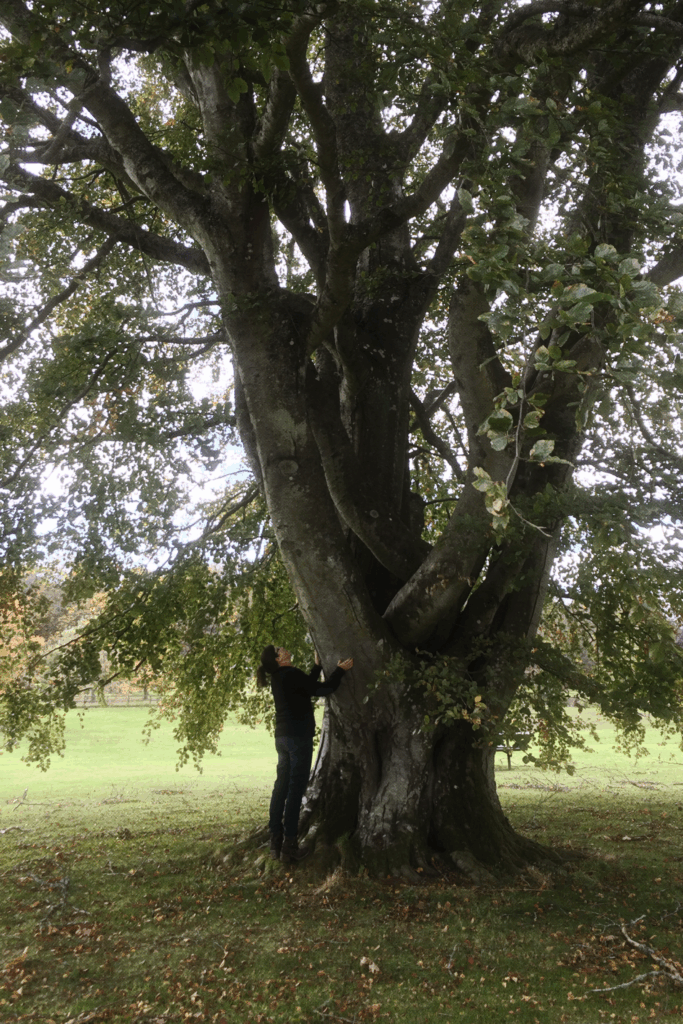
We celebrate diversity across the globe—but often forget the small towns, villages, and ancestral lands where it all began. This piece explores how culture and land are inseparable, and why protecting rooted traditions matters more than ever.
We live in a time that celebrates diversity—in food, music, language, spirituality, and identity.
I’ve always been deeply drawn to other ways of being in the world—other tongues, stories, landscapes, rituals. Growing up outside of Washington D.C., it was an everyday occurrence to hear someone speak their mother tongue, wear their ancestral dress, prepare food the way their grandmother taught them, and to observe and participate in many cultural events. I’m so grateful for the way it shaped the person I am.
Diversity reminds me of the beauty of living cultures, that there are many ways to live, to believe, to belong, and why it’s so important to preserve them.
But there’s something that I always wonder about.
We champion diversity…but not always the cultures that create it.
We applaud the idea of multiculturalism…but often criticize people or places trying to preserve their unique cultural ways.
We praise the mixing of cultures, but sometimes we raise an eyebrow at those who remain rooted in their place of origin.
And I’d like to start unpacking it a little, because these are the kinds of questions and discomforts that live in my brain, that I’m always working to untangle.
🌿 Culture Comes from Land
Culture comes from an origin place.
It stems from millennia of relationship with land, seasons, plants, animals, rivers, mountains, weather, and kin.
Culture is memory made visible.
It’s the body language of people in love with their land.
But when people are displaced or disconnected, culture is severed from its roots.It can then be described as exotic.
It can be commodified.
It often becomes misunderstood when it’s been untethered from its original soil.
The result?
• Misrepresentation
• Shallow imitation
• Erasure in plain sight
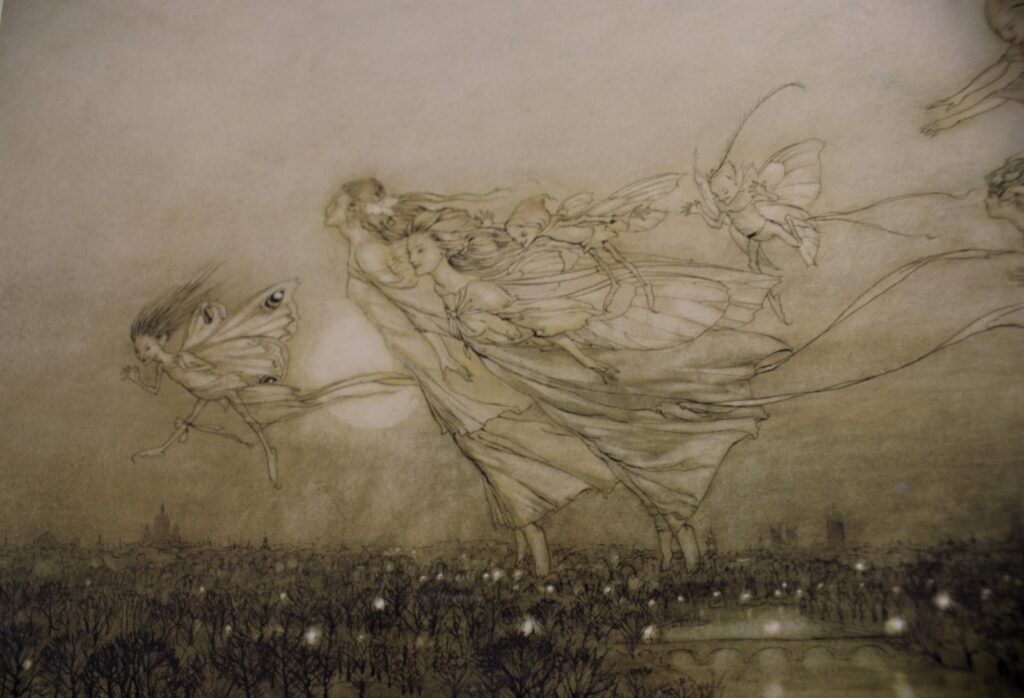
🗺 Displacement Isn’t Always a Choice
We can move so freely about the world now that we often forget that sometimes people don’t relocate by choice.
When people move, whether by force or by necessity, their culture accompanies them. Those who left and those who stayed each carry an important piece of the story.
But something inevitably shifts:
• The language may no longer be heard daily
• The rituals may feel out of sync with the land
• The food becomes something to preserve instead of routine
• The stories become heritage instead of a living tradition of how to live with the land
We celebrate this as diversity. However, we rarely understand the grief and disconnection that come with it.
Worse, these cultures may be appropriated by some outsiders who are interested in the aesthetic but disconnected from the roots. It’s not always done with malice. But it’s still a symptom of a deeper wound:
Disconnection from place.
Disconnection from lineage.
And this severance didn’t happen by accident.
Colonization, war, famine, forced relocation, religious conversion, and assimilation all contributed to generations of people being ripped from land, language, ritual, and belonging as a form of erasure.
And when this rupture is not grieved, it gets repeated.
🌾 Diversity Isn’t Just About Mixing—It’s About Memory
When we treat diversity as simply the act of bringing many people together in one place, we risk losing something essential.
Diversity honors difference.
It respects the particular, not just the plural.
That means allowing cultures—especially small, land-based, ancestral cultures—to:
• Preserve their endangered languages
• Maintain their customs &sacred dress
• Celebrate their rituals & stories
• Eat their own traditional foods
• Live in alignment with the rhythms of their place
Homogeneity isn’t inherently hateful.
Sometimes it’s protective.
There is a difference between preservation and exclusion. But too often those lines are blurred, and we forget that many of the cultures we are inspired by are endangered.
Most of the cultures that offer the richness we now call diversity have survived thousands of years of invasion & suppression.
And now, they face new threats:
• Their languages are endangered
• Their foodways are disappearing
• Their customs are being commercialized
Globalization, like colonization before it, presses toward sameness.
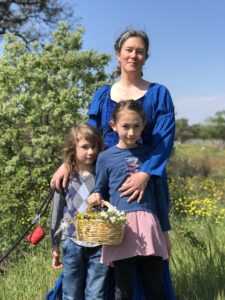
That’s why I am devoted to the Old Ways—because preserving cultural heritage is one of the only things standing between us and another wave of erasure. The keepers of tradition are also the keepers of memory, and they are holding back the tide.
As someone who immigrated to a small village,
I’ve seen the quiet resistance of traditional communities:
• preserving ancestral ways in the face of tourism
• keeping dialects, recipes, and folkways alive
• tending culture in place, not just in diaspora
There’s a shift happening, too. More and more people who left are finding their way home. My husband and his parents are among them. Returning to the land that shaped them. This is what cultural resilience can look like.
I’ve sat with Indigenous elders who reminded me: Land-based culture isn’t backwards.
It’s living. It’s vital. It’s under threat.
You can honor your roots without denying others theirs.
• Love your language without mocking another’s
• Preserve your folkways without thinking they are superior
• Stay rooted without shutting the world out
It comes down to spirit.
What is the spirit of your cultural pride?
Is it rooted in reverence and protection—or in fear and superiority?
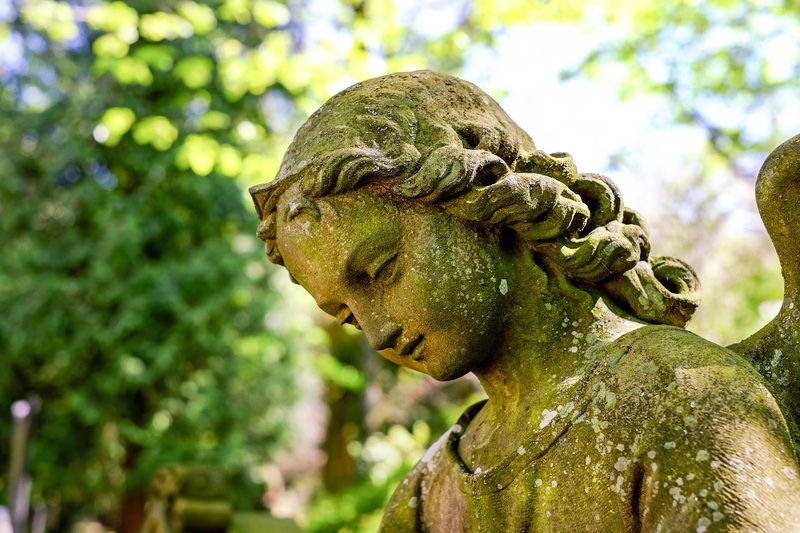
🧬 Reclaiming Culture Isn’t Regressing. It’s Repairing.
In recent years, I’ve seen many people—especially those descended from colonial cultures—afraid to explore or reclaim their ancestral identities for fear of seeming nationalist or appropriative.
But here’s the thing:
👉 Reclaiming your ancestral culture is not the same as nationalism.
👉 It’s not appropriation to remember your own roots.
In fact, this is how diversity is sustained:
By each person and people remembering where they come from with integrity, reverence, and curiosity. And not with superiority, distrust of others, and hate.
🕯 Cultures That Create Diversity Deserve to Survive
So what if instead of only promoting diversity as a modern melting pot, we also…
• Cherished the distinct threads of various cultures
• Protected endangered languages
• Made space for folkways to thrive in their lands of origin
• Stopped assuming that cultural sameness is the price of peace, acceptance, and love
What if we understood that connection to ancestral culture is healing— not just for individuals, but for the whole?
When we know who we are, we’re less likely to project our pain onto others.
When we heal our roots, we stop ripping out everyone else’s.
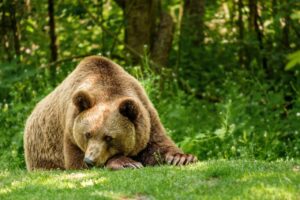
💔 When Severance Isn’t Grieved, It Gets Repeated
If ancestral grief is not tended to, it leaks out sideways:
• Superiority complexes
• Cultural extraction and entitlement
• Appropriation dressed as “spiritual curiosity”
• Confusion about boundaries and belonging
The antidote isn’t shame.
It’s rooting again.
🌕 So What Do We Do?
Remember your way home—physically or spiritually. Reclaiming what was lost, stolen, silenced. Rebuilding a relationship with your ancestral lands, or with the land you now call home, and its original caretakers.
We remember that it’s not too late to begin.
We start with:
• A word in your ancestral tongue(s)
• A recipe your great-grandmother knew
• A story passed down
• A plant once used in your people’s medicine
• A ritual shaped by your ancestral place(s) of origin
We let our traditions be messy, while staying curious.
🍁I’d love to hear from you:
• Have you ever felt guilt or shame about reconnecting to your own heritage?
• How do you personally hold the balance between diversity and rootedness?
• What cultures, customs, or languages do you feel called to protect or preserve?
Let’s talk about it—with tenderness and truth, because I don’t have all the answers, but if we never talk about it we can’t help make it better.
🧵 In the Library This Month
🎃 Inside the Old Ways for Modern Days Library, you’ll find:
🕯 A free article on honoring your animal beloved dead during ancestor season
🎃A 50+ page Samhain guide full of folklore, ritual, and recipes
🌰 A deep dive into ancestral foodways like acorns
🌀Why you can’t appropriate your own ancestral culture – another free article
👶 Guidance for teaching ancestor veneration to children
🎧 Podcast episodes on Samhain, Día de Muertos, Li Molti Molti (Sardinian Day of the Dead), and more
🖋️ Articles on cultural reclamation, ancestral grief, and honoring what was once lost
And so much more! Find it all here>> https://www.patreon.com/posts/october-2025-140269051
You don’t need to have all the answers.
You just need the will to remember.
🧵Let’s keep weaving.
Related Posts:


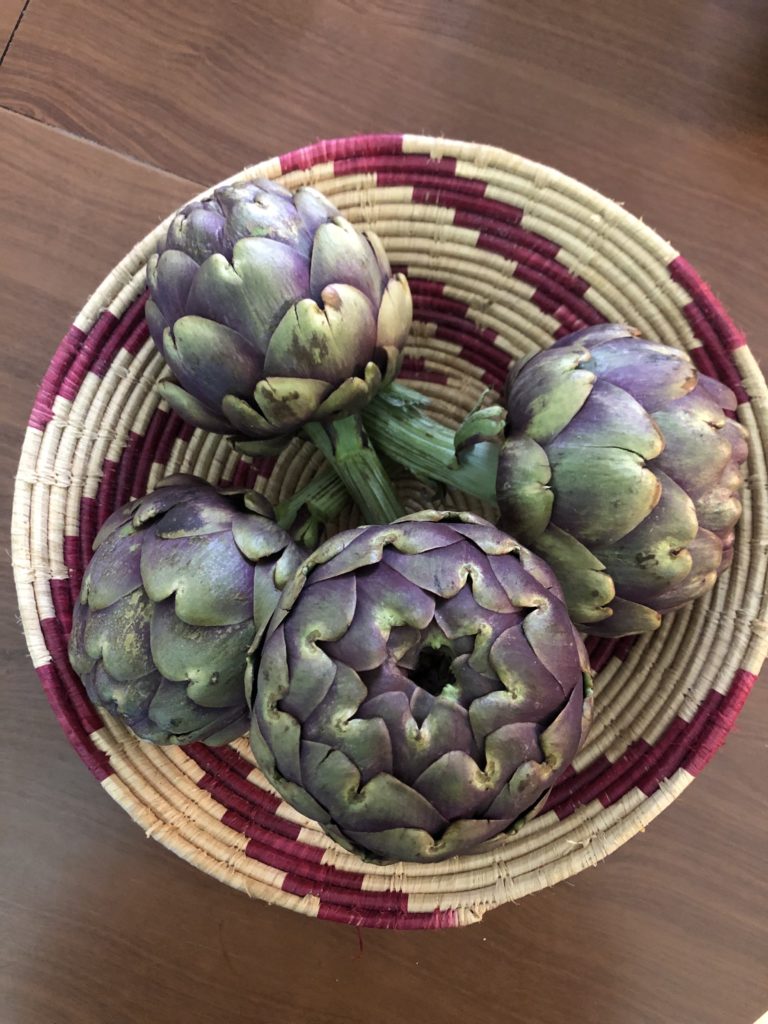
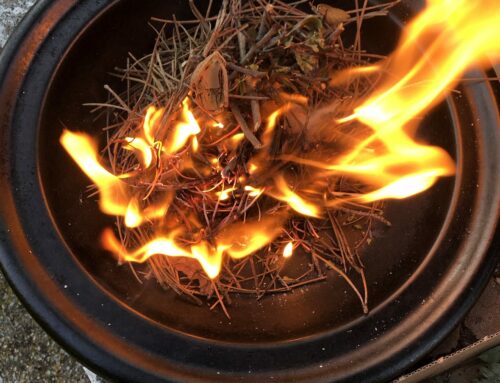
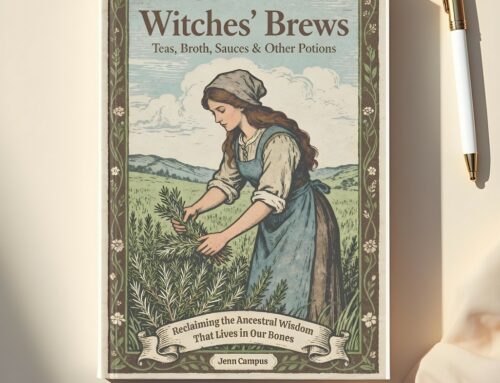
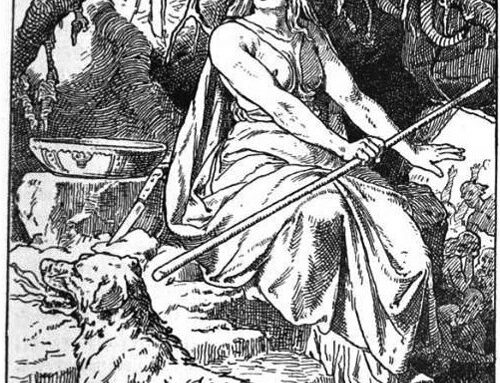
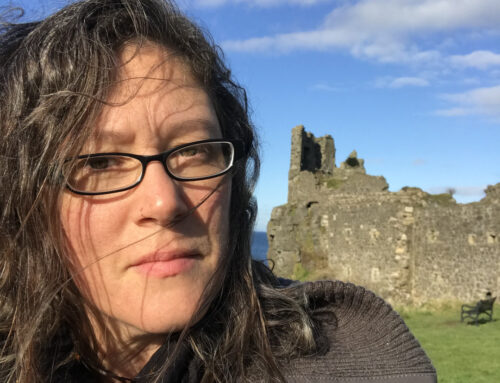

Leave a Reply